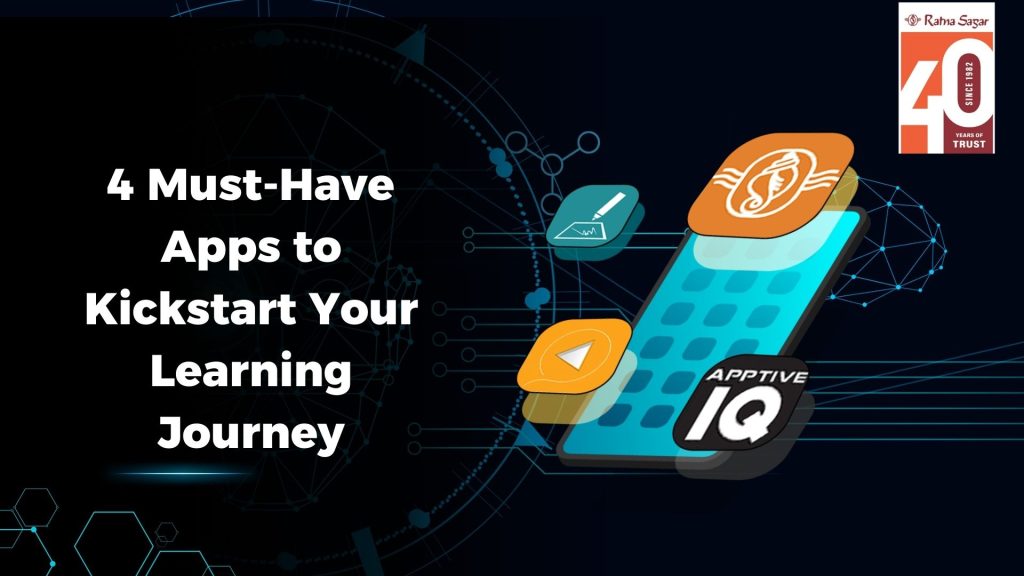
Exploring Language Development with Re...
eading Eggs advances language acquisition beyond basics with vocabulary building, listening skills, phonics, and comprehension...
Read More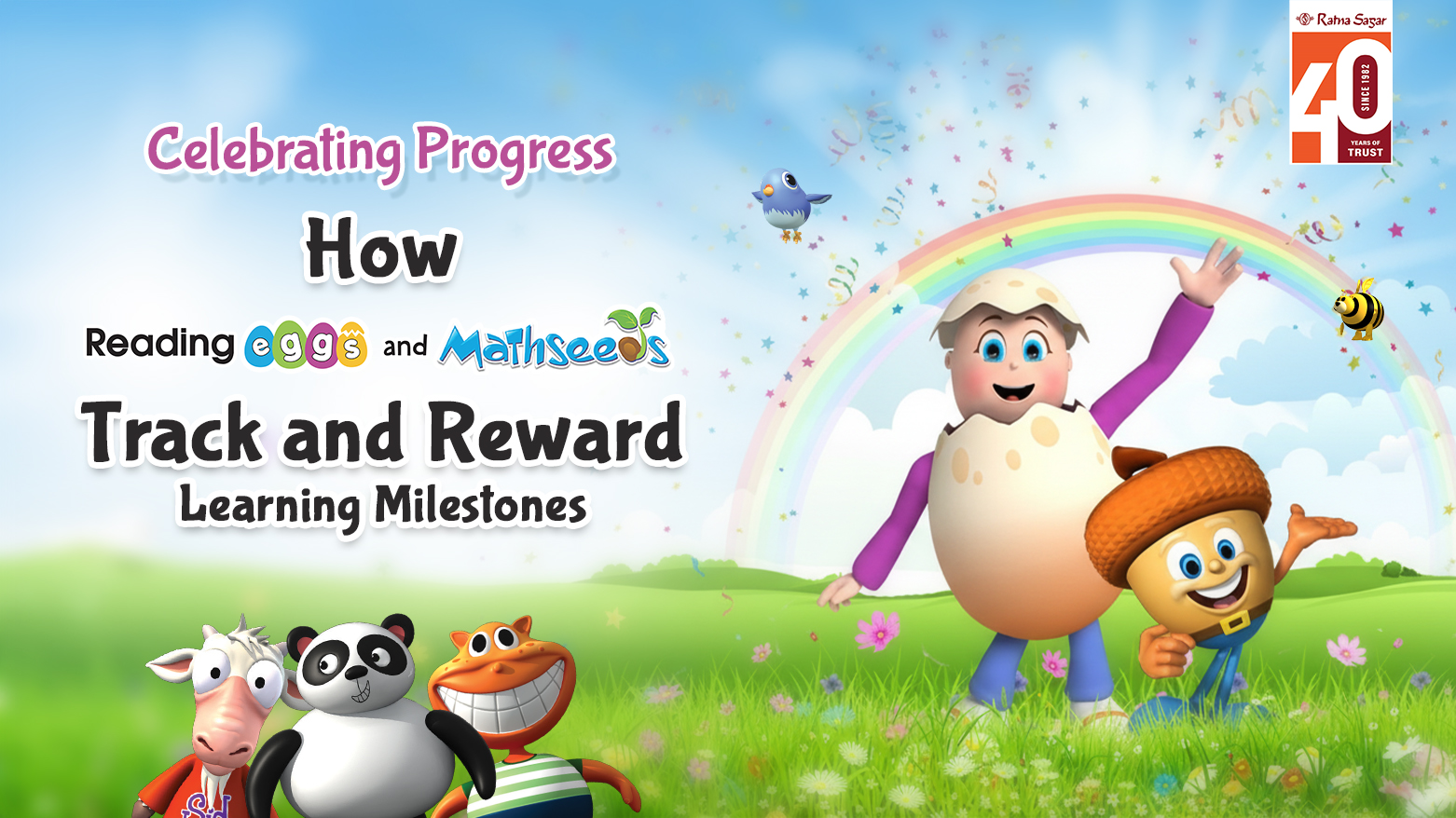
Celebrating Learning Milestones: How R...
Discover how Reading Eggs and Mathseeds help children in Nursery to Class 2 learn early...
Read More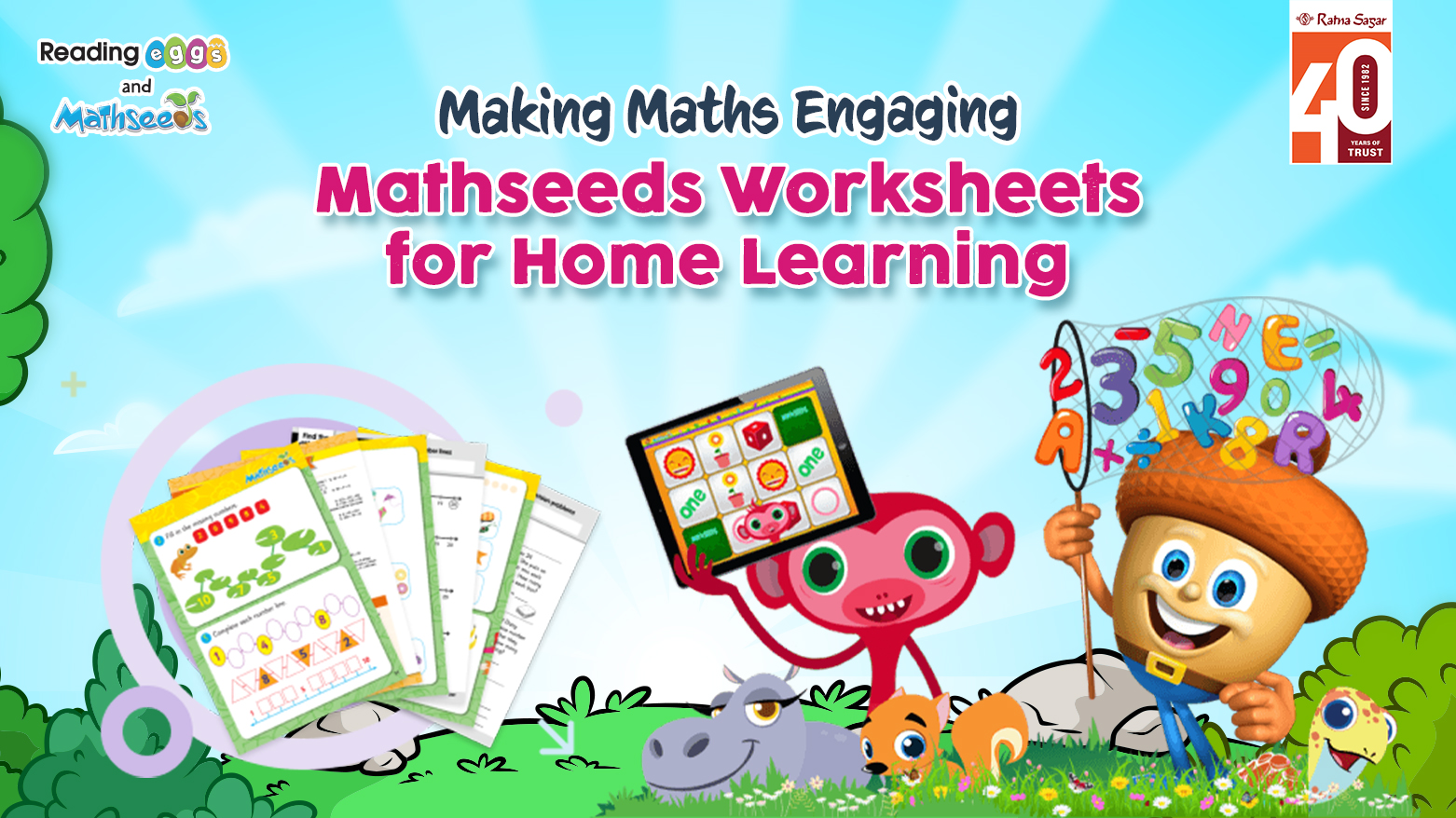
Making Maths Engaging: Mathseeds Works...
Mathseeds makes home learning fun with interactive lessons, math games, and printable worksheets. Kids enjoy...
Read More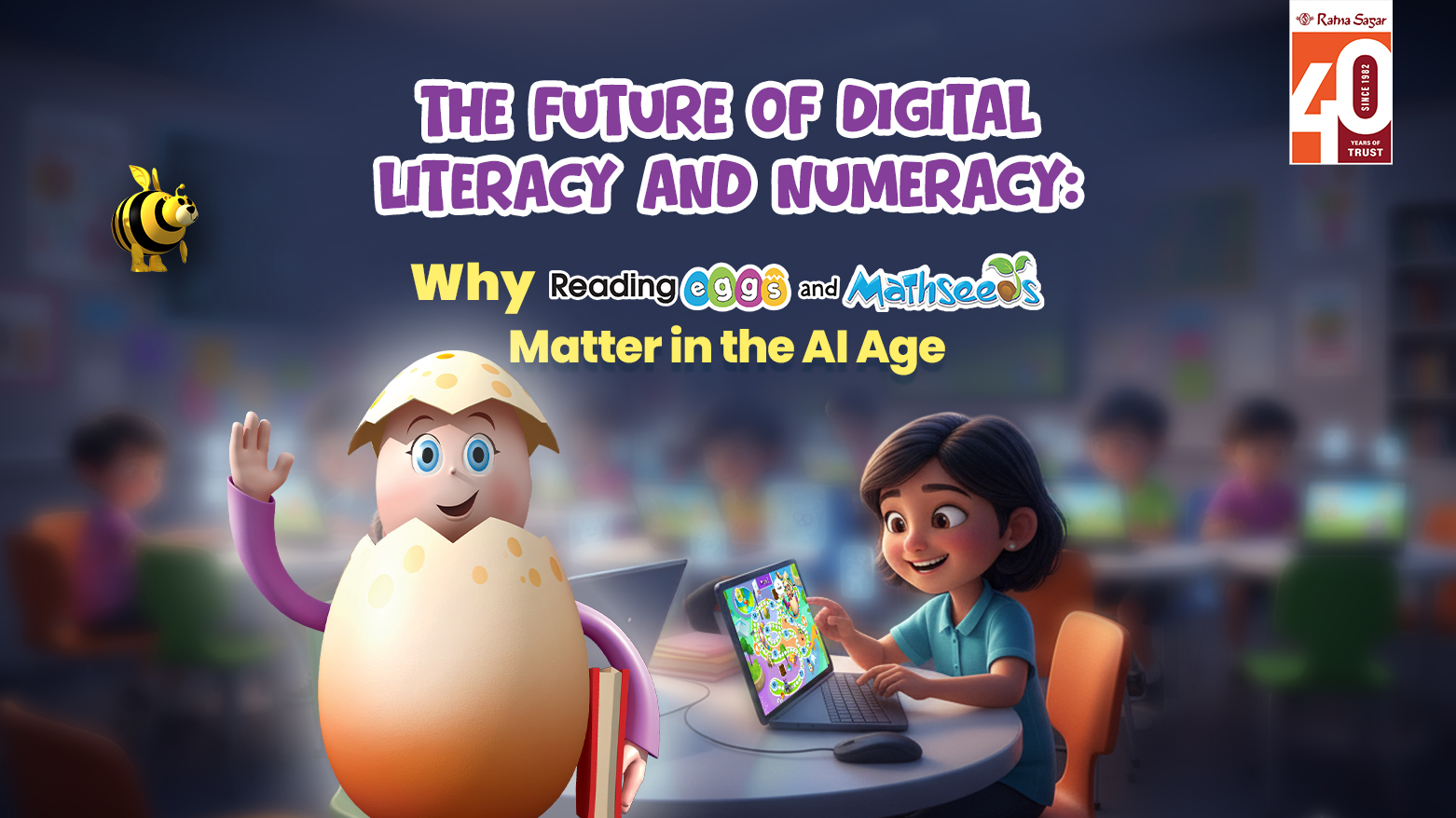
The Future of Digital Literacy and Num...
In the AI era, digital literacy and numeracy are essential skills. Reading Eggs and Mathseeds...
Read More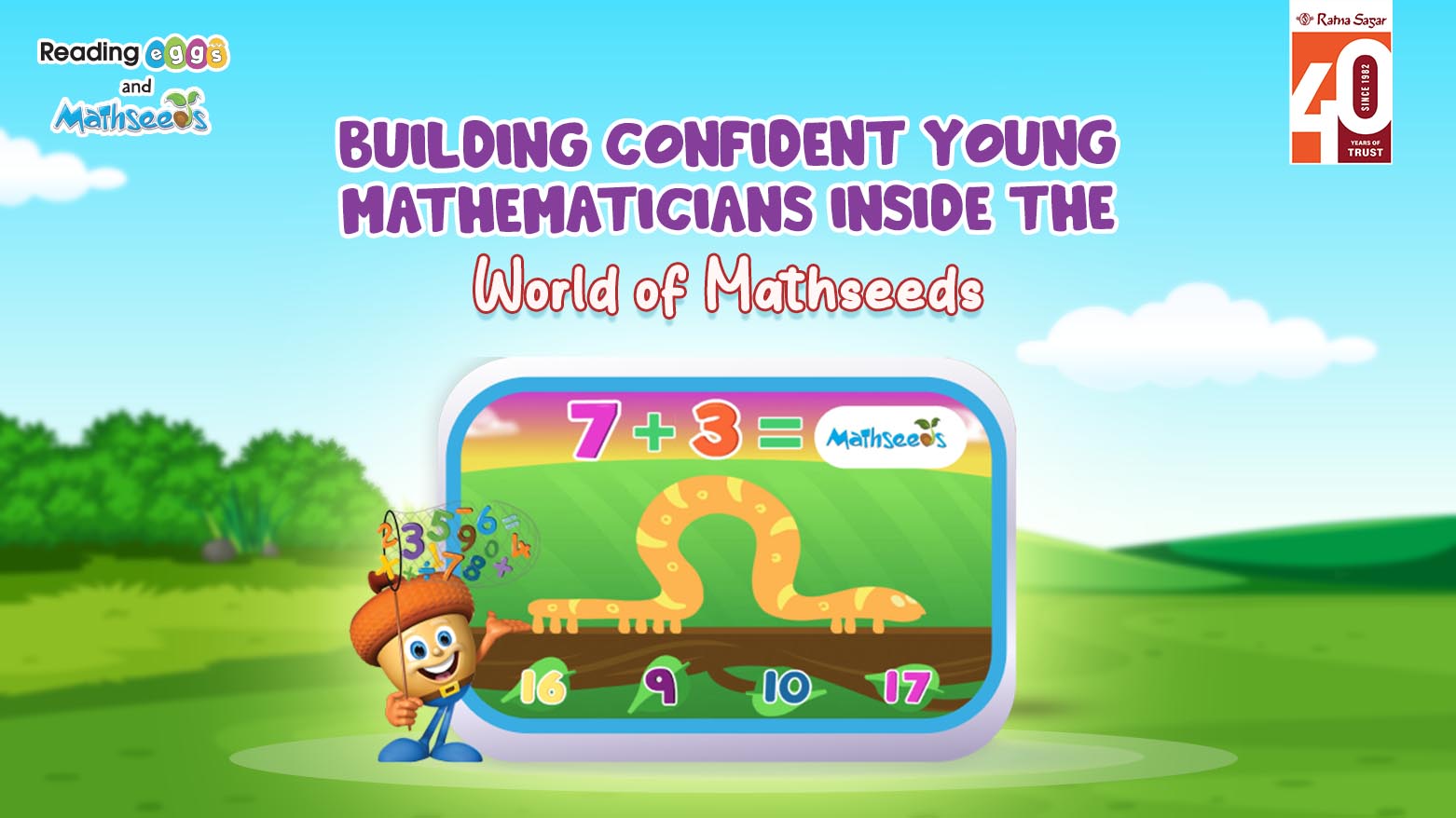
Building Confident Young Mathematician...
Discover how Mathseeds turns math anxiety into confidence! Designed by educators, Mathseeds makes early numeracy...
Read More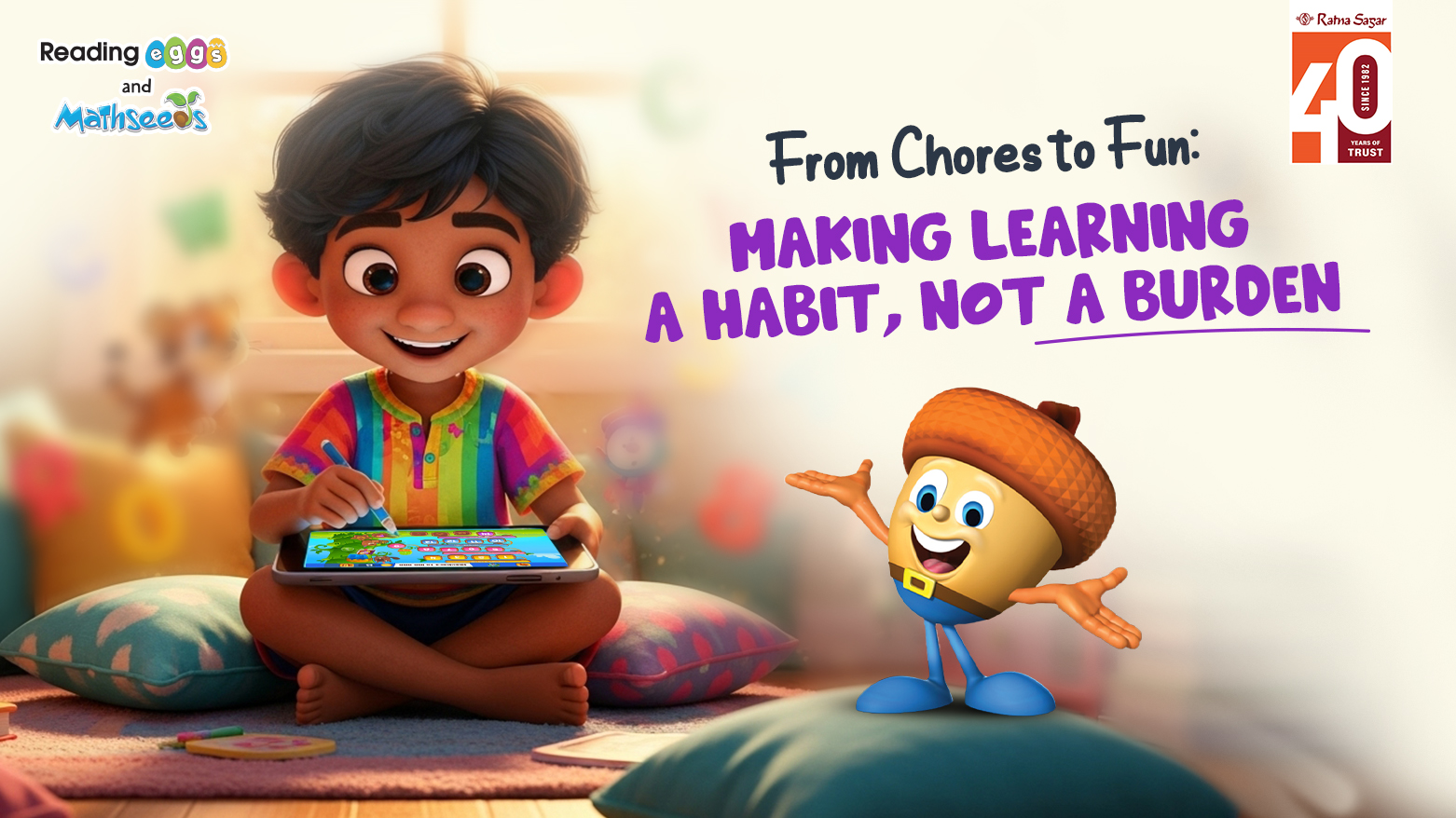
From Chores to Fun: Making Learning a...
Discover how to turn learning from a chore into a joyful habit! Explore how a...
Read More